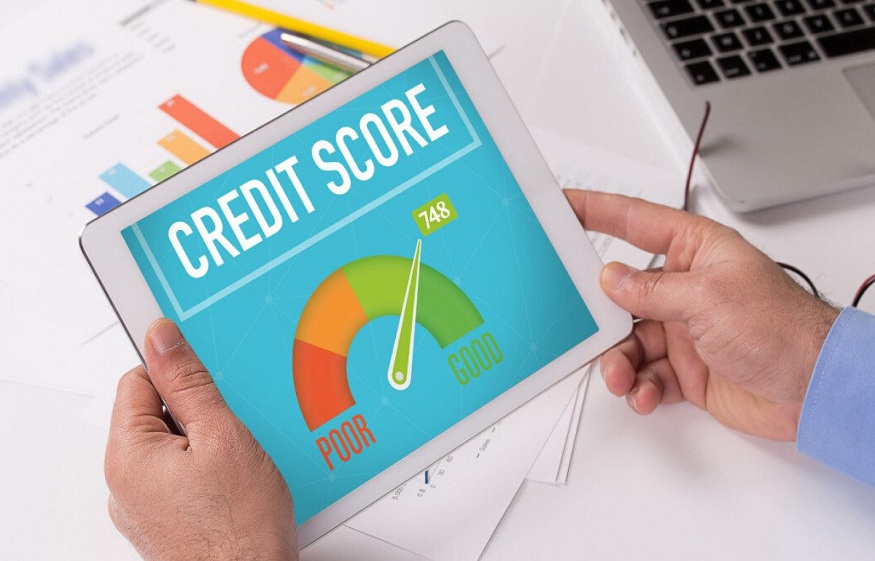
Why Checking Your CIBIL Score Before Applying for a Loan Matters
In the ever-evolving landscape of personal finance in India, securing a loan is often a crucial step towards achieving one’s dreams, be it for buying a home, pursuing higher education, or starting a business. However, before plunging into a financial commitment, there is one critical step that should not be overlooked: checking your CIBIL score. This three-digit number could significantly influence your financial journey, and understanding its impact is key to making informed decisions.
What is a CIBIL Score?
To start with, the CIBIL score is a numerical representation of your creditworthiness, ranging from 300 to 900. TransUnion CIBIL, one of the leading credit information companies in India, calculates this score based on your credit history, repayment patterns, and credit utilisation, among other factors. A higher score indicates a higher likelihood of loan approval with favourable terms.
Importance of the CIBIL Score
Given its critical role, your CIBIL score acts as the financial equivalent of a first impression. Just as you wouldn’t meet someone important without dressing the part, submitting a loan application without knowing your CIBIL score could lead to unpleasant surprises. Here’s why it matters:
- Loan Eligibility: Lenders use your CIBIL score to determine whether you qualify for a loan. A score above 750 is typically considered excellent, enhancing your chances of approval.
- Interest Rates: Those with higher CIBIL scores often enjoy lower interest rates, potentially saving significant sums over the life of a loan. It’s akin to getting a better deal because you’ve shown you’re reliable.
- Negotiation Power: Armed with a strong CIBIL score, you can negotiate better terms, much like bargaining with confidence in a bazaar setting.
- Faster Processing: A good CIBIL score can expedite the loan approval process, ensuring you get timely access to funds.
The Role of the CIBIL Score Calculator
Now, you might wonder how to assess your creditworthiness effectively. This is where the CIBIL score calculator comes into play. Accessible online, these calculators estimate your score based on input data, giving you insights into your potential standing. While not a substitute for the official score, they provide a useful gauge for your credit health.
How to Use a CIBIL Score Calculator
- Input Accurate Details: Enter correct information regarding your credit accounts, repayment history, and outstanding debts. Accuracy is crucial for a reliable estimate.
- Review the Estimate: Analyse the calculated score to understand where you stand. Is your score healthy, or does it need improvement?
- Identify Areas for Improvement: Use the insights to work on factors negatively impacting your score, such as high credit utilisation or delayed payments.
Common Myths About CIBIL Scores
As with many financial concepts, misconceptions abound. Clearing these myths is vital for a transparent financial journey.
Myth 1: Checking Your CIBIL Score Lowers It
Many fear that checking their score will negatively impact it. In reality, personal inquiries, known as “soft checks,” do not affect your score. Only lender-initiated “hard checks” during loan applications might slightly influence it.
Myth 2: Closing Credit Cards Improves Your Score
While it seems logical, closing a credit card can inadvertently harm your score by increasing your credit utilisation ratio. Instead, manage your cards responsibly to maintain a balanced credit portfolio.
Myth 3: Only Defaults Impact the Score
Your CIBIL score considers various factors, not just defaults. Regular repayments, balanced credit types, and low utilisation play significant roles. It’s like maintaining a balanced diet for optimal health.
Steps to Improve Your CIBIL Score
Suppose the CIBIL score calculator highlights room for improvement. In that case, it’s time to take actionable steps to enhance your score:
- Timely Payments: Ensure you pay EMIs and credit card bills consistently by setting up automatic payments.
- Limit Credit Utilisation: Aim to use less than 30% of your credit limit. Budget wisely to avoid building up balances.
- Diversify Credit Types: Have a healthy mixture of secured and unsecured loans. Think of it as maintaining a diversified investment portfolio.
- Regular Monitoring: Keep track of your CIBIL score periodically, like you would a fitness tracker. Being proactive helps you catch issues early.
Real-world Implications: A Case Study
Consider Rajesh, a young professional eyeing a personal loan to renovate his family home. Despite a steady income, his initial loan application was rejected. Bewildered, he turned to a CIBIL score calculator and uncovered a score of 680, lower than he assumed. Through strategic actions, including clearing outstanding credit card debt and managing expenses, he improved his score to 755 over six months. His subsequent loan application was approved with better interest rates, illustrating the tangible benefits of a good CIBIL score.
Conclusion: Act Now for Financial Success
In the world of finance, knowledge truly is power. Understanding and actively managing your CIBIL score can open doors to financial opportunities and secure better terms on loans. Don’t let misconceptions or negligence hold you back from achieving your dreams.
Before applying for a loan, it’s time to take charge. Use tools like the CIBIL score calculator for insights, myth-bust your way to clarity, and adopt practices that build a robust credit profile. Remember, in the financial marathon of life, a well-maintained CIBIL score could just be your strongest ally.
Are you ready to boost your financial health and step confidently into your future? Check your CIBIL score today!


